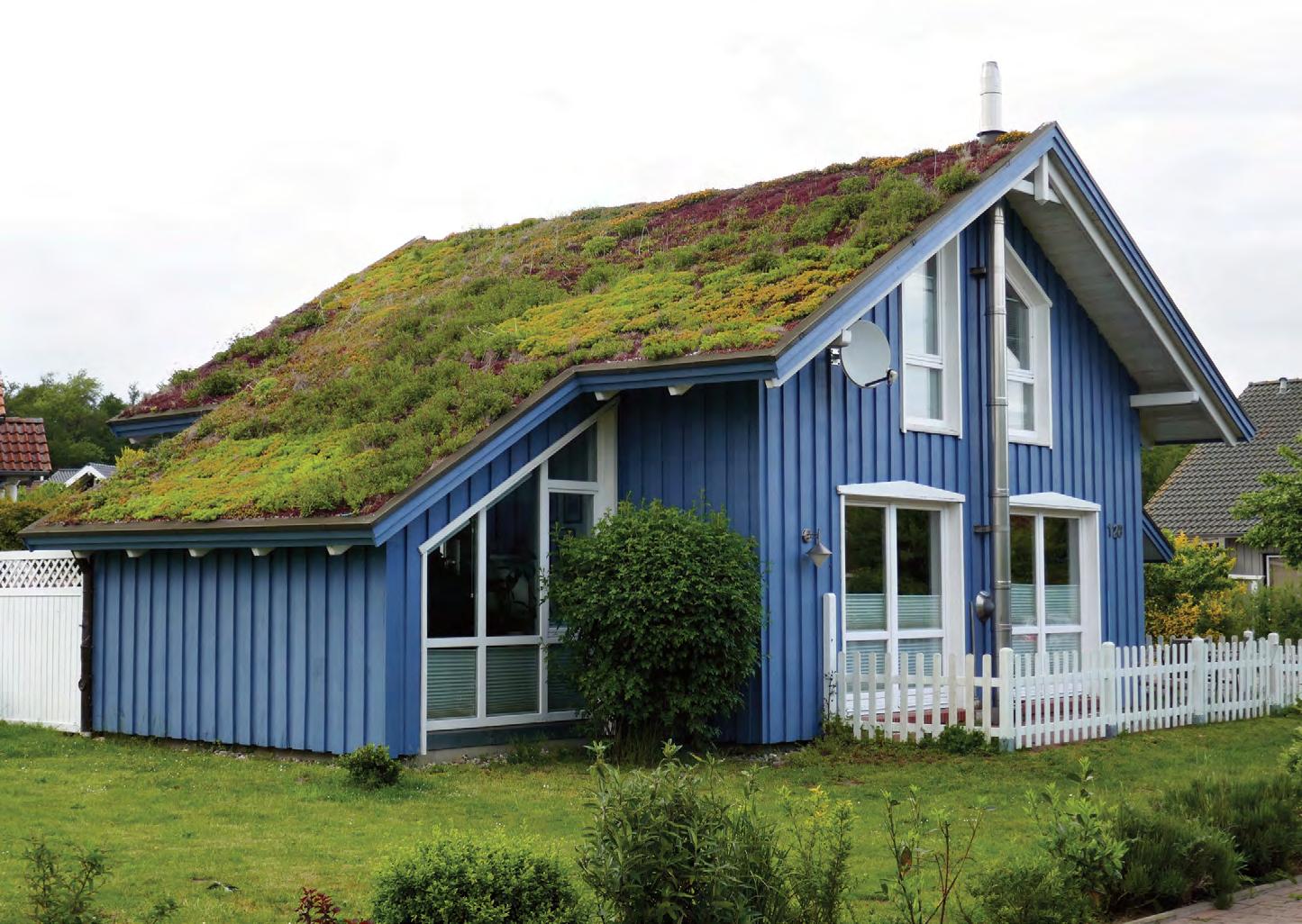
The modern incarnation of these roofs began in 1960s Europe. Now they are sprouting up everywhere, thanks to their aesthetics, sustainability and long-term cost savings. Is a green roof, also called a living roof, right for you?
"Germany started looking at green roofs as a way to cut down on the spread of wildfires," says Jim Mumford, president and resident horticulturist at Good Earth Plant Company in San Diego. "And then it came across the Atlantic."
Today, Europe is still the leader in green roofs. But several U.S. cities are embracing the benefits and giving incentives to homeowners to install them. New York, Portland, Denver and Nashville require them in new construction of a certain size. Today, even the McDonald's world headquarters in Chicago sports a fuzzy, green top.
"One of the things I really like about it is the addition of biodiversity," says Mumford. “I've got milkweed all over mine, so I see butterflies all the time, and birds and bees. It's a nice little wild spot."
WHAT IS A GREEN ROOF?
Green roofs feature plants growing on top of a manufactured structure. They include a hefty waterproofing layer, soil or other growing medium, and usually a root barrier, plus drainage and irrigation systems.
"What we build most is what I call an eco-roof," says Mumford. "It's got 4 to 6 in. of soil and native plants, so the roof uses as little water as possible." Green roofs can be pricey, especially if you're retrofitting your house to accommodate one.
But if you have the means, they pay off economically, environmentally and aesthetically.
This story is from the {{IssueName}} edition of {{MagazineName}}.
Start your 7-day Magzter GOLD free trial to access thousands of curated premium stories, and 9,000+ magazines and newspapers.
Already a subscriber ? Sign In
This story is from the {{IssueName}} edition of {{MagazineName}}.
Start your 7-day Magzter GOLD free trial to access thousands of curated premium stories, and 9,000+ magazines and newspapers.
Already a subscriber? Sign In

7 Bicycle Maintenance Tips
Keep your bike in tiptop shape and ride safe!
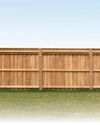
SETTING FENCE POSTS WITH EXPANDING FOAM
Any fence builder knows you need strong posts for a strong fence, and that means backfilling the postholes with a dense, hard material other than dirt.

PEBBLE MOSAIC STEPPING STONES
COLLECT SOME RIVER ROCK AND MAKE YOUR OWN UNIQUE STEPPINGSTONE PATH
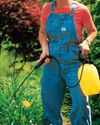
EARTH-FRIENDLY WEED KILLERS
HEALTHIER CHOICES FOR HUMANS AND THE ENVIRONMENT
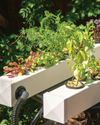
DIY! HYDROPONIC GARDEN
FRESH VEGETABLES AT YOUR FINGERTIPS
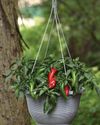
GROW MINI VEGETABLES
GROW A GARDEN IN A TINY SPACE!
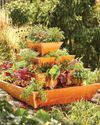
BUILD A VERTICAL GARDEN
TIME TO GROW UP!
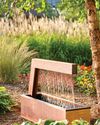
MODERN WATER FOUNTAINS
A SPLASH OF PEACE FOR YOUR PATIO

9 ALTERNATIVE USES FOR SAWDUST
Every fully stocked wood shop has a table saw. You can usually find a pile of sawdust under it, even if it's used only occasionally. If a shop has a belt sander or band saw, there's probably another pile of finer sawdust under that. Even people without stationary tools have sawdust accumulation on their workbenches.
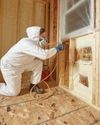
INSULATE WITH FOAM
IT'S A GREAT ALTERNATIVE TO FIBERGLASS